A Day That Shattered Calm
Minneapolis was struck this week by a heartbreaking act of violence at Annunciation Catholic School, leaving two young students dead and 17 others injured. The tragedy unfolded during a morning Mass, turning what should have been a moment of joy into a scene of fear and grief.
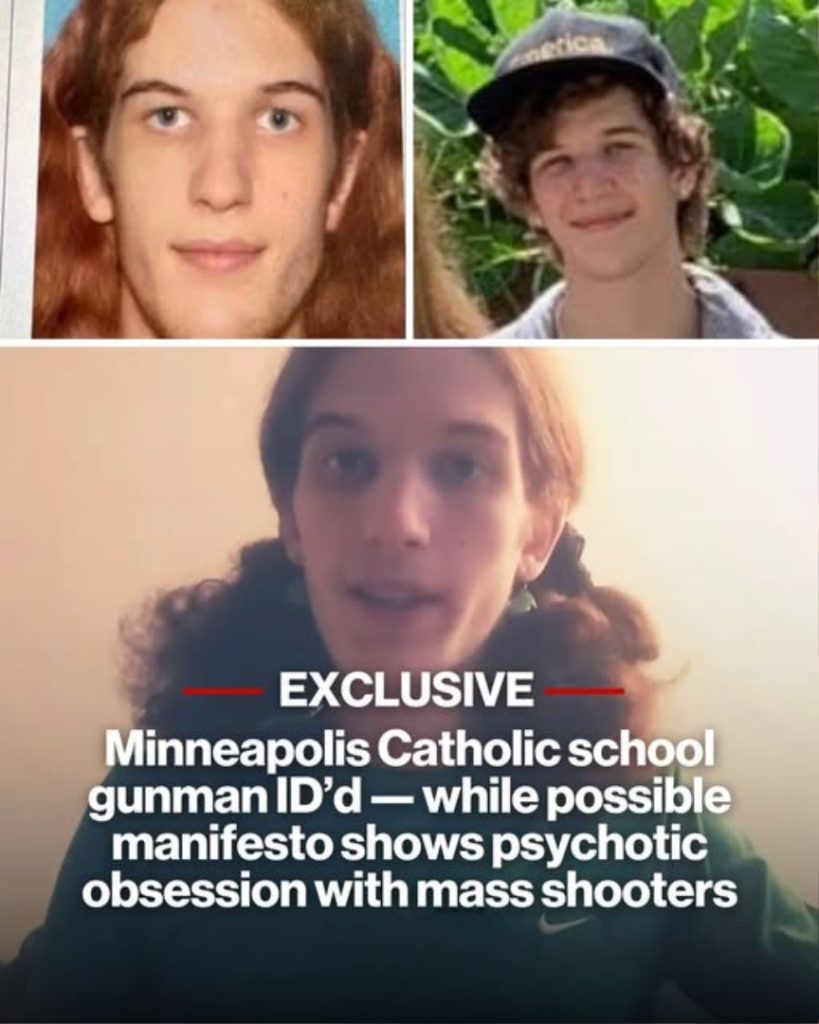
Authorities confirmed that the attacker, 23-year-old Robin Westman, died from a self-inflicted wound after the assault. Investigators are now examining journals, online posts, and videos that appear to reveal troubling thoughts leading up to the attack.
Shooter Identified and Community Connection
Robin Westman had personal ties to the school. He graduated from Annunciation in 2017, and his mother once worked there as a secretary. These connections stunned families and faculty who never imagined such devastation could come from someone within their own community.
Court documents also revealed that Westman legally changed his name several years ago, reflecting struggles with identity and personal direction. Investigators believe these inner conflicts, combined with mental health challenges, played a role in the violence.
Video : Latest: Nashville Christian school shooter, Audrey Hale, a former student, identifies as transgender
Troubling Online Footprints
In the hours before the shooting, a series of videos were posted online, later removed. They showed handwritten notebooks filled with disturbing entries about violence and self-destruction. Some pages included coded language and symbolic drawings that investigators say suggest careful planning.
Authorities stressed that while some of the content referenced political or cultural themes, much of it revealed despair, anger, and a fixation on carrying out a “final act.” Experts describe it as the work of an individual in deep psychological turmoil rather than someone motivated by a coherent cause.
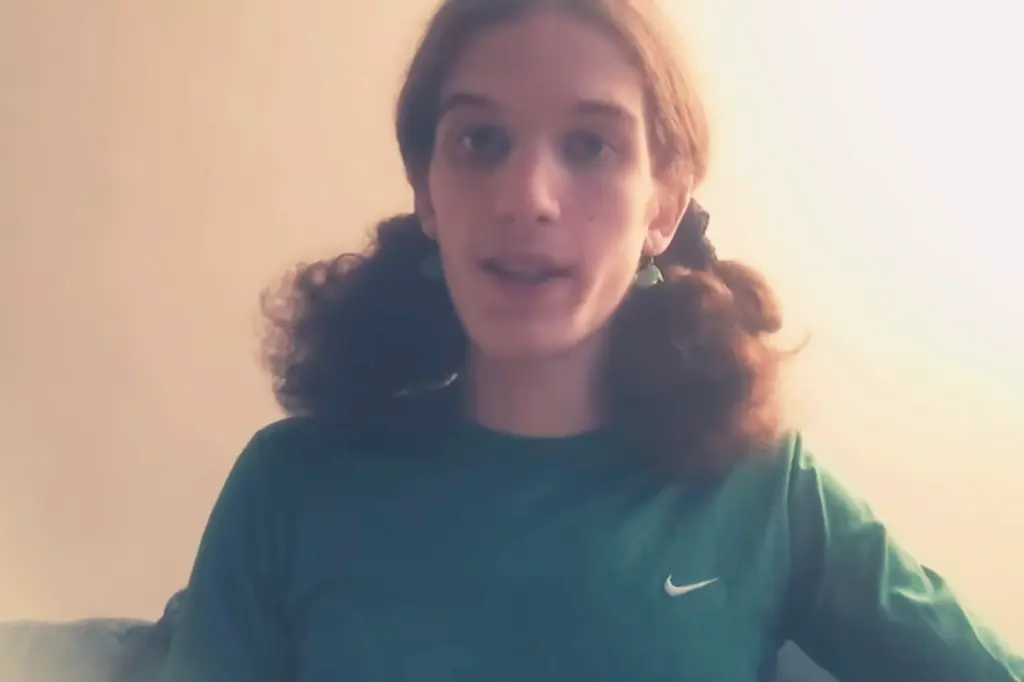
FBI Calls It Domestic Terrorism
FBI Director Kash Patel confirmed that the incident is being investigated as both domestic terrorism and a hate-motivated crime. Federal agents are working with local police to translate and analyze the suspect’s writings, which included targeted hostility toward multiple groups and institutions.
Officials emphasized that the priority now is twofold: understanding the attacker’s mindset and preventing future tragedies by learning how such radicalization and despair can manifest into violence.

A City in Mourning
In the aftermath, the Minneapolis community came together. Vigils were held outside the church and school gates, with candles, flowers, and heartfelt prayers offered for the victims and survivors. Parents embraced one another, clergy offered comfort, and neighbors stood shoulder to shoulder in grief.
Governor Tim Walz urged Minnesotans to respond with compassion: “We must reject hate in all its forms and support the families who are suffering through this unimaginable loss.” Faith leaders echoed his sentiment, reminding people that unity and resilience are stronger than fear.
Video : ‘Deranged monster’: Minneapolis school shooter revealed to be a ‘man, claiming to be trans’
Patterns of Violence Raise Broader Concerns
Experts note that the Minneapolis tragedy reflects a worrying national trend: places of worship and education increasingly being targeted by individuals consumed by isolation, resentment, or extremist material online. Advocacy groups are calling for:
- Expanded mental health support for young adults
- Enhanced security in schools and faith institutions
- Stronger monitoring of violent online content
According to researchers, the challenge is not only law enforcement but also early prevention—recognizing warning signs and intervening before despair turns deadly.
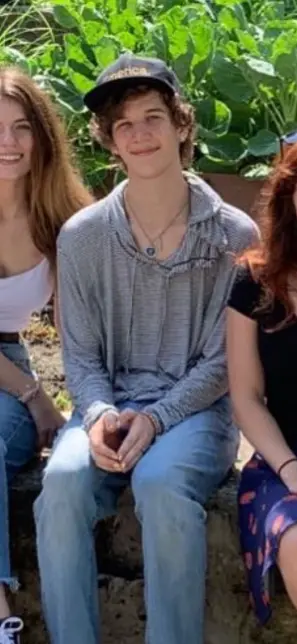
The Push for Prevention
Policy discussions have reignited in the wake of the shooting. Lawmakers are debating a mix of safety measures, from background checks to “red flag” laws and increased funding for school counselors.
Teachers and parents alike are demanding more support. One educator at Annunciation shared: “Our children carry a burden no child should ever carry. They need comfort, counseling, and a promise that we are doing everything possible to keep them safe.”
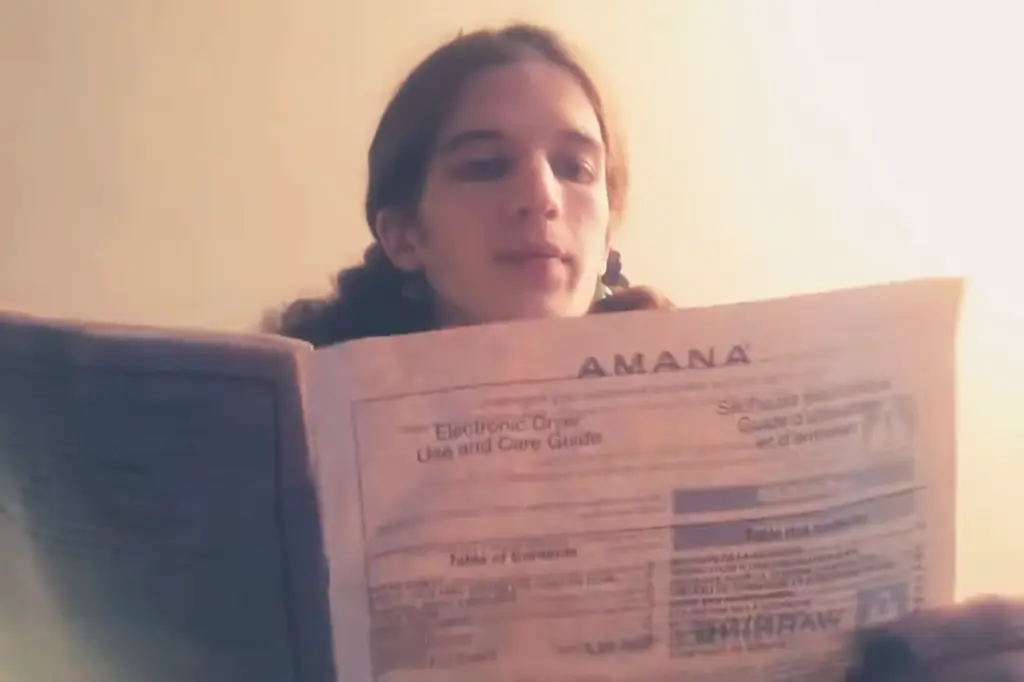
Local authorities announced that resource officers and trauma specialists will remain present at the school as recovery continues.
Community Strength and Healing
Despite the sorrow, the city of Minneapolis has responded with resilience. Volunteers are organizing food drives, faith groups are offering counseling, and local businesses are contributing to relief efforts. Families are finding solace in each other, determined not to let fear define their lives.
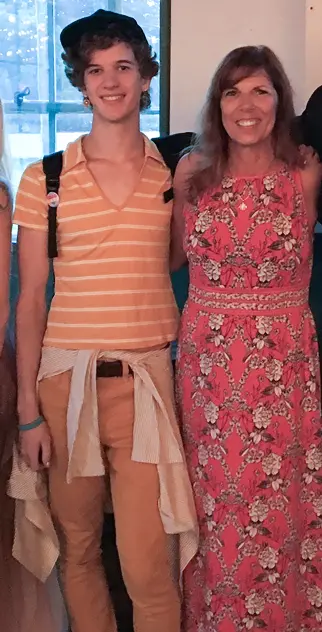
Parents, students, and teachers are united in reclaiming a sense of normalcy. As one community leader said: “This is our home, and we will not let violence steal our hope.”
The Lasting Legacy
This school tragedy is more than a local incident—it is a national reminder of the urgent need to address mental health, violent radicalization, and access to weapons. While the investigation continues, families are focusing on honoring the victims and supporting survivors in their healing journey.
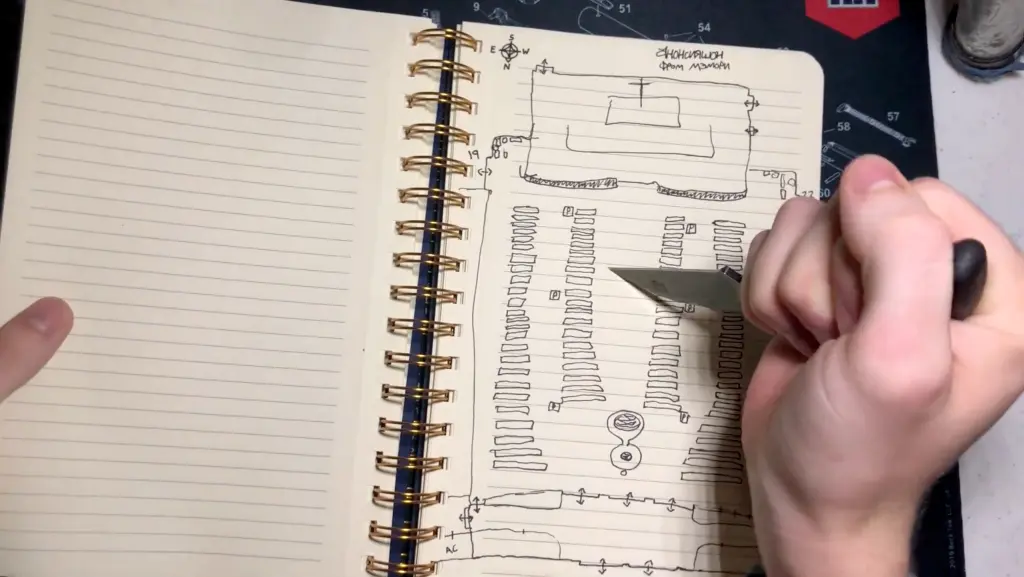
The story of Minneapolis now carries two truths: unimaginable pain and extraordinary resilience. In the weeks and months ahead, the city’s determination to heal and protect its children will stand as the truest legacy of those lives cut short.